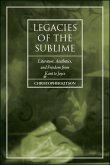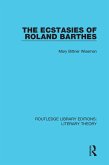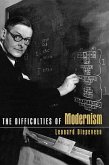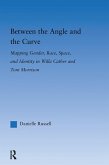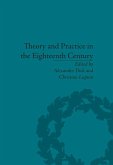Since his first publications in the late 1950s, Leo Bersani's work has influenced numerous scholarly fields, from studies of French modernism and realist fiction to psychoanalytic criticism and film theory. It has occasionally helped precipitate the emergence of new disciplinary fields, such as queer theory in the late 1980s. The Essentialist Villain is the first book-length study of this impressively rich oeuvre. Mikko Tuhkanen tracks the unfolding of Bersani's onto-ethics/aesthetics, paying particular attention to his persistent references to "essence," a concept central to classical speculative philosophy, which has fallen into distinct disfavor since the emergence of deconstructive thought. Because of his early influences-particularly Gilles Deleuze's philosophy-Bersani remains an ontologist through decades when deconstruction seems to have all but disallowed any thought of being. Tuhkanen also locates Bersani's thought amidst numerous literary, artistic, and philosophical interlocutors, including Deleuze, Freud, Proust, Laplanche, Beckett, Baudelaire, Genet, Leibniz, and others.
Dieser Download kann aus rechtlichen Gründen nur mit Rechnungsadresse in A, D ausgeliefert werden.



